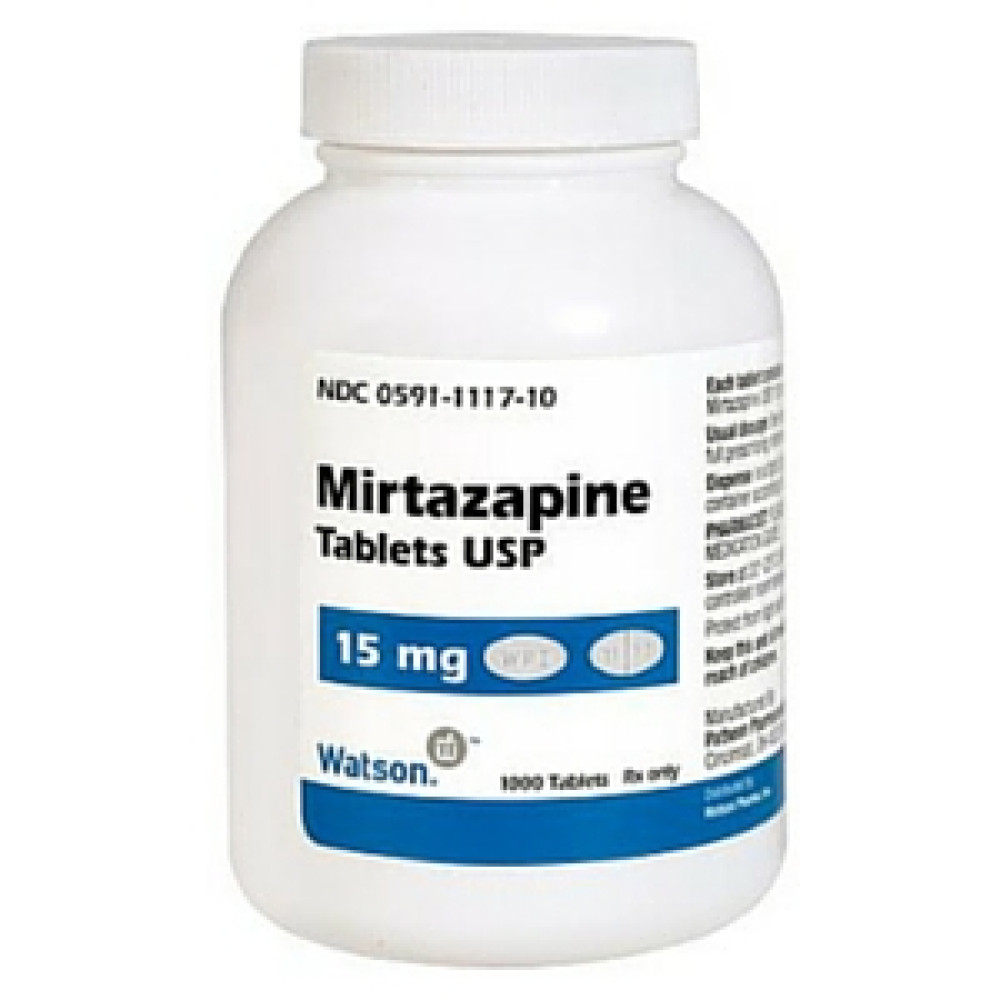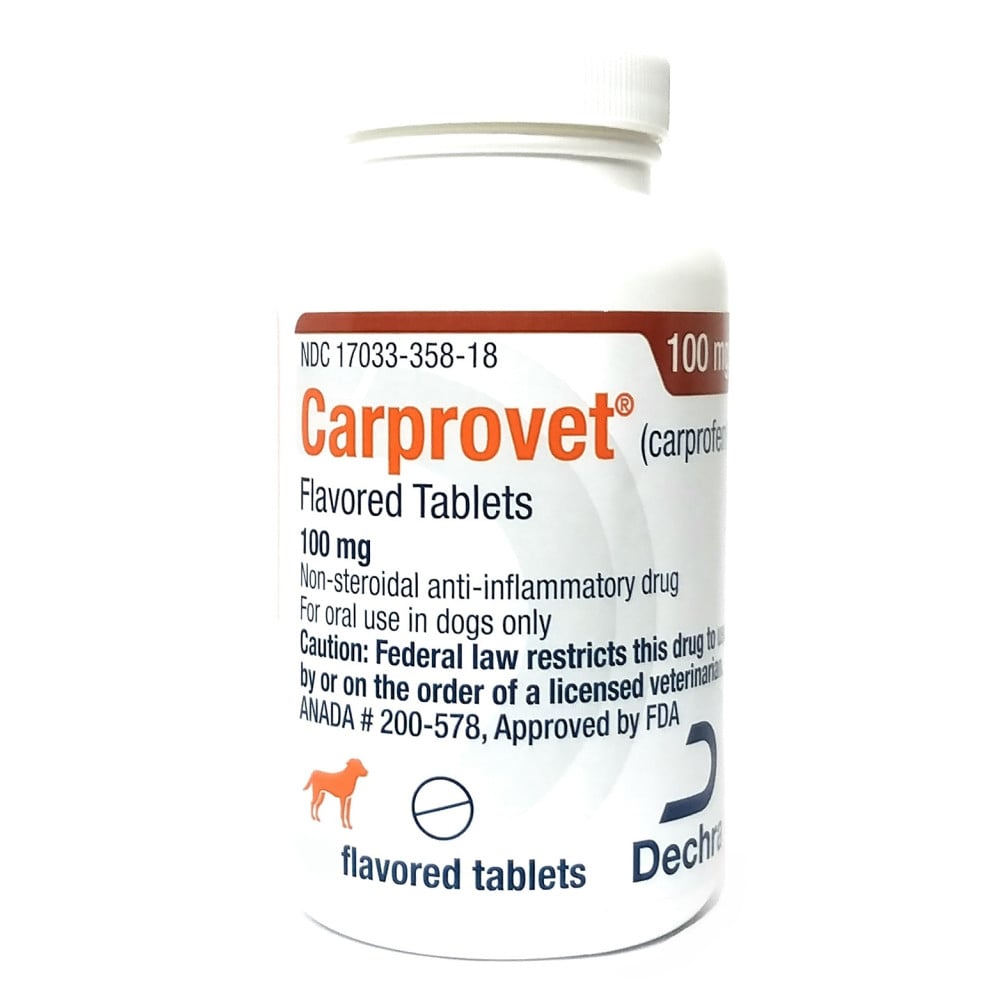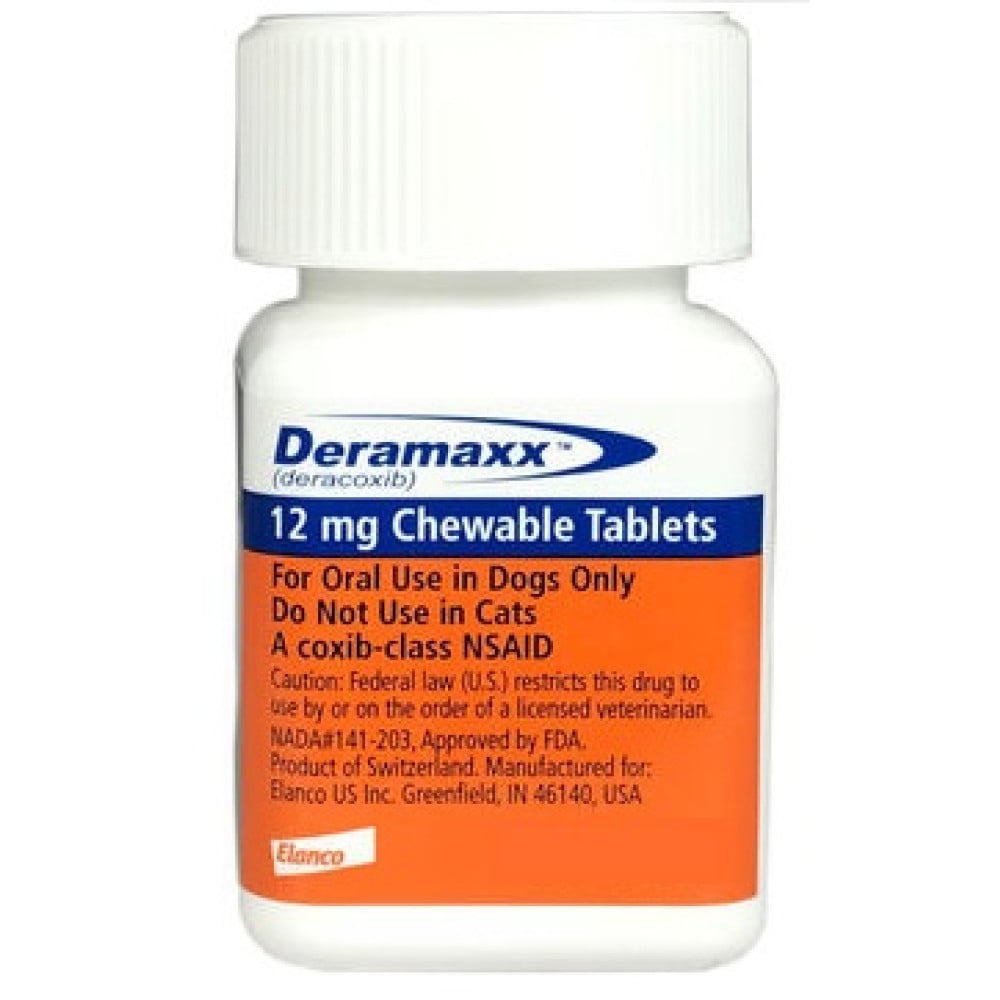Cancer in Dogs
Cancer is an awful disease - it can strike suddenly, grow quickly and is expensive to treat and can occur at any age in both mixed breeds and purebreds. Yale School of Medicine has developed a new vaccine that may help dogs with cancer. They have teamed up with the Veterinary Cancer Center in Norwalk, Connecticut for a clinical trial to test the vaccine on real cancer patients. The vaccine is injected into a dog with the goal of producing antibodies to fight cancer. Yale University tested this vaccine in the laboratory and found it was successful at targeting and shrinking malignant tumors. Now they hope to create the same results with dogs battling the disease.
The 10 early warning signs of Cancer in Dogs
- Abnormal swellings that persist or continue to grow
- Sores that do not heal
- Weight loss
- Loss of appetite
- Bleeding or discharge from any body opening
- Offensive or unusual odor
- Loss of energy
- Difficulty eating or swallowing
- Hesitation to exercise or loss of stamina
- Persistent lameness or stiffness
- Difficulty breathing, urinating, or defecation
UC Davis School of Veterinary Medicine is also performing a clinical trial to help dogs with lymphoma. They are reformulating the way the popular cancer drug, doxorubicin, is administered. Doxorubicin is widely used to treat cancer, but the medication can affect a dog’s heart. UC Davis has developed a method to turn the drug into tiny particles and administer it by infusion. The goal is to have the medication flow directly to the tumor and lessen the chance of damaging other organs
All this is promising but how can I help my pet NOW?.
Facing a cancer diagnosis of a beloved pet is hard and you'll feel helpless. The place to start is to educate yourself and learn about the type of cancer your dog has. Cancer in pets is not unusual, as an immune system ages it weakens...allowing cancer to take hold in many pets. It's actually quite common and is the cause of death in 47% of dogs over age 10 - about the same rate as humans. Mammary gland cancer is the most common in dogs. If you can find a support group, that's a great place to start and it will keep you from feeling alone and isolted. Your vet may know of a local group as well. You need to keep your spirits up to be able to help your dog! Online resources include:
Cancer is a disease that results from the uncontrolled growth of cells in the body. Cancers are often named for the type of cell that is growing out of control. The terms cancer, malignancy, and neoplasia may be used interchangeably – they are just different ways to say cancer.There are many types of cancer and each behaves differently. Some forms of cancer have the ability to spread to other sites in the body, which may be far from the original site. This occurs because these cancer cells can enter the blood or lymph vessels and be carried to other organs. When the cancer has spread to other areas of the body, it is called metastasis. It is important that you find out your options, costs involved, pros and cons to treating your pet and make an informed decision. The types of treatment currently available include surgery, chemotherapy, radiation therapy, and immunotherapy. For some cancers, treatment will consist of a single type of therapy, while others may require combination therapy.
When your pet is diagnosed with cancer, you may be uncertain your options. Just as we do in human medicine, get a second opinion from a board-certified veterinary oncologist. This may confirm a chosen course of treatment or open up new options..
At best, you'll want to find a vet that specializes in canine cancers. The Veterinary Cancer Society has a helpful website, offering resources for pet owners, including a "Find a specialist in your area". www.vetcancersociety.org. The American College of Veterinary Internal Medicine has a website with a section for pet owners. Your veterinarian may order several tests. These can include blood tests (e.g., blood count, chemistry profile), urinalysis, radiographs (X-rays, ultrasound), tissue aspirate, and biopsy. Tests done by your local veterinarian might have to be repeated at a cancer specialty center if you decide to pursue that avenue.
Other tests that may be used include: ultrasound, specialized radiologic studies (e.g. nuclear scan, CT or MRI scan, dye contrast studies), bone marrow aspirate, lymph node aspirate, endoscopy (direct examination of the stomach, colon, or lung with a specialized scope & camera), and immunologic studies.
Once this testing has been completed, your veterinarian will be better able to discuss treatment options for your pet. Tumors that have spread to other areas are usually not curable. In that case the goal of therapy is to make the pet comfortable, prolong life if possible, without providing a cure. Local tumors that have not invaded surrounding tissues have the best chance to be cured.
Consider Quality of Life when Dealing with Cancer in Pets
Cancer treatment for animals focuses on alleviating pain and suffering, along with extending life, as long as the quality of that life can be preserved. Treatment is typically much less aggressive than in humans. If your pet can still do the things he loves, like swimming, going for walks, or just hanging out with you - that is quality of life. If he is in pain or sad or unhappy, that is NOT quality of life.
Medical care for pets can be costly, now is the time to use it. If you don't have pet insurance, you may qualify for CareCredit, is a financing option available for veterinary care, but the veterinarian providing care must be a registered provider with CareCredit. You will need to ask your vet’s office if they accept CareCredit - most larger veterinary centers do take it. It is not interest free, but is easier to qualify for than a credit card so worth looking into. . CareCredit can help you pay for out of pocket expenses for your pet’s care at fixed interest rates with more flexibility for repayment than traditional credit cards. You will be incurring a long-term debt however, so this is where the hard choices come in. May people also use crowd sourcing/fundraising through websites like GoFundMe. Also, some pet support organizations may be very useful when you are unable to afford the vet bill.
Best Friends Animal Society has a helpful list of organizations and options for financial assistance.
Continue a normal life if possible
Pets love routine. It helps them stay active and engaged, especially if they will have to make many visits to the vet for treatment. If your dog loves to go for walks, there is always the option of using a pet stroller if he is too weak. A lot will depend on your dog as to whether he'll want to play or just enjoy your company, follow his lead.
Hope is great, but be realistic
Some animals may experience transient discomfort from therapy and treatment of most pets with cancer can be accomplished without major distress or taking away from your pet's enjoyment of life. Just because an animal has been diagnosed with cancer does not mean it's life is over. You may still have months or even years of good times together. When our dog Pod was dying of a mammary tumor that kept growing back ever larger, her biggest wish was to just be near us and get petted. Pets don't ask for much, and they really do appreciate our love and attention more than ANYTHING - including medical expertise. If the outcome is inevitible, sometimes it's kindest to allow them the luxury of being home with family rather than trying every medical procedure hoping for a few more days or weeks. Spend that time pampering, cuddling, petting and loving your pet. That's all they REALLY want.
What kind of Cancers are most common in dogs?
Lymphoma: Lymphoma occurs in cells in the lymph nodes or bone marrow and is most commonly diagnosed in dogs between the ages of 6 and 9 years old. Lymphoma affects the dog’s immune system and can spread rapidly if left untreated. It is classified in five progressive stages and treatment options vary depending on the stage. The first sign of lymphoma is typically a painless, swollen lymph node in the neck or behind the knees.
Hemangiosarcoma: Hemangiosarcoma is a malignant cancer of the blood vessels. It is more common in dogs than any other species. Hemangiosarcoma is commonly diagnosed in the spleen, liver, and heart, but can travel to any organ or occur just under the skin. Because there are no distinct early warning signs for hemangiosarcoma, many dogs are not diagnosed until the disease has reached its advanced stages. It is often seen in German shepherd dogs, golden retrievers, and other large breeds.
Mast cell tumors: Mast cell tumors are an extremely common form of cancer in older dogs and mixed breeds, as well as boxers, Boston terriers, Labrador retrievers, beagles, and schnauzers. Mast cells are found in the skin and other tissues, like the intestines or respiratory tract. They contain large amounts of histamines and enzymes that protect the body, but when tumors develop, that protection turns against the immune system. The first sign of a mast cell tumor is usually a lesion on the skin. Some mast cell tumors can also be uncomfortable and cause agitation.
Melanoma: Melanoma is a type of skin cancer that can be found in the nail beds, footpads, and eyes, but the vast majority of melanoma tumors start in the mouth or around the lips. Melanoma tumors are highly aggressive, growing deep into the skin to invade vital organs. The first sign of melanoma might appear as a swollen paw, an eye that drains, or a sore in or near the mouth.
Osteosarcoma: Osteosarcoma is cancer of the bone. Approximately 85 percent of osteosarcoma tumors are malignant, and grow very quickly. Osteosarcoma commonly affects large breeds between the ages of 4 and 7 years old, including Great Danes, Irish setters, Doberman pinschers, Rottweilers, German shepherd dogs, and golden retrievers. While osteosarcoma can occur in any bone, it most commonly affects the limbs. Initial signs of osteosarcoma may include swelling and lameness.
Mammary cancer: According to the American College of Veterinary Surgeons (ACVS), mammary tumors are more common in female dogs that are either not spayed or were spayed after 2 years of age. About 50 percent of all mammary tumors are malignant and have metastasized, or spread to other areas of the body, by the time they are surgically removed. Signs of mammary cancer are often overlooked because the tumors appear as a small nodule on or around the dog’s nipple; however, this type of cancer can also present itself as a painful tumor around the nipple.
Common Chemotherapy side effects
If you decide to use chemotherapy you can expect some side effects. One way people are getting around this is to use cannibus oil. In certain states across the country, medical marijuana is an option. Research continues to emerge that pet parents and veterinarians alike are finding that medical cannabis can provide positive benefits for dogs.. Whether a dog has cancer, seizures, or anxiety, cannabis oil can serve as an alternative medication to help treat symptoms, often with fewer side effects.
Cannabis oil is liquid derived from the marijuana plant. There are many ways to extract oil from the plant, including CO2 extraction, says Dr. Tim Shu, founder and CEO of a pet cannabis company in California. “The [marijuana] flower contains trichomes, which are glands that have essential oils. . Once the glands are separated from the plant, they can be formulated to find the ideal ratio of cannabinoids. Marijuana plants contain 80 different cannabinoids, including THC (tetrahydrocannabinol, the psychoactive component) and CBD (cannabidiol, the medical component). The oil has no psychoactive effect on dogs when dosed properly. Depending on the nature of the product, if it contains little or no THC, then the dog is not going to get high.
What Are the Benefits of Cannabis Oil for Dogs?
Cannabis oil can be used to treat seizures, nausea, stress, anxiety, arthritis, back pain, symptoms of cancer, and gastrointestinal issues, among other health conditions in dogs. Relief is provided as the cannabinoids in marijuana interact with the endocannabinoid system - the cannabinoids interact with the receptors in the body and modulate things like pain, anxiety, and nausea. Unlike some traditional prescription medications, medical cannabis has no life-threatening side effects - it doesn’t damage the kidney, liver, or GI tract. The dogs aren’t high or sedated.
Overdosing is a risk, but exceedingly rare. Chocolate, coffee, or raisins are typically more toxic. The ingestion of large amounts of marijuana has been fatal in a number of dogs, so preventing overdoses with medical cannabis is still extremely important and cannabis oil is not a “cure-all" in every situation.
Traditional Chemotherapy on the other hand does have some pretty nasty side effects. If your dog is experiencing any of these, here are a few things you can try:
Vomiting: Withhold food and water for 12 hours, and then offer small amounts of water. If your pet does not vomit after drinking the water, offer small amounts of bland foods such as boiled chicken or boiled hamburger with boiled white rice. If still no vomiting, gradually reintroduce the pet’s normal diet in about three days. Call your veterinary hospital or an emergency veterinary service if the vomiting is severe or is accompanied by a fever greater than 103°F or persists longer than 24 hours.
Diarrhea: Offer your pet bland, easily digestible foods such as cottage cheese, boiled chicken or hamburger and white rice. Gradually reintroduce your pet’s normal diet. Pepto-Bismol can be given at one tablespoon per 15 pounds of body weight (dog) three times a day (every 8 hours) or ½ a tablet per every 7 pounds of body weight two times a day (every 12 hours). Call your veterinary hospital or an emergency veterinary service if the diarrhea persists for more than 48 hours or if it is associated with a fever greater than 103°F. Dehydration can develop following vomiting, diarrhea, excessive urination or fever and may result in a prolonged recovery. Your pet’s gums should be moist and the skin should feel soft and compliant. If your pet is not vomiting, fresh water should always be available. Call your veterinary hospital or an emergency veterinary service if gums are persistently dry or if the skin does not feel normally supple. Fluid administration may be necessary to speed recovery.
Low White Blood Cell Count: The white blood cell count is expected to drop below normal after treatment, but will return to normal by the next treatment. This should not cause a problem unless the white blood cell count drops too low. When the white blood cell count drops too low, the body has difficulty fighting off infections. Infections may occur between 7-21 days after the drug is given. If this happens, symptoms may include a fever more than 103°F, lethargy (tiredness), vomiting, diarrhea, and a poor appetite. Some vets will obtain a blood sample to be evaluated at the 7 day time point following treatment. If the blood count is low they may dispense antibiotics to prevent an infection. If your pet shows any of the symptoms mentioned above, take your pet’s temperature if you can (normal temperature is 100-102.5°F). If the temperature is greater than 103°F or if you cannot take the temperature, you should call your veterinary hospital or an emergency veterinary service. Your pet may need to be admitted to the hospital.
Bladder Irritation: Some anticancer drugs can cause irritation to the bladder called cystitis. This irritation can cause the urine to be bloody which is called hemorrhagic cystitis. Your pet may appear uncomfortable when passing urine, and strain frequently to pass only a small amount. Call your veterinary hospital or an emergency veterinary service if your pet has bloody urine or is straining to urinate. The doctor will most likely have you bring your pet in for a urine sample to determine the cause (drug reaction or bladder infection). If it is determined that the drug is the cause of the bloody urine, that drug will be stopped and another drug may be substituted. Your pet will be treated for the cystitis with antibiotics and anti-inflammatories.
Canine Cancer Library
The National Canine Cancer Foundation is compiling a detailed library of every known Cancer that affects dogs.
Apocrine Gland Tumors
Chondrosarcoma
Esophageal Cancer
Exocrine Pancreatic Cancer
Gastric Cancer
Hemangiosarcoma
Hepatobiliary Tumors
Hyperadrenocorticism
Intestinal Tumors
Intracranial Neoplasia
Larynx and Trachea Cancer
Lymphoid Leukemia
Lymphoma
BOOKS ABOUT CANINE CANCER









